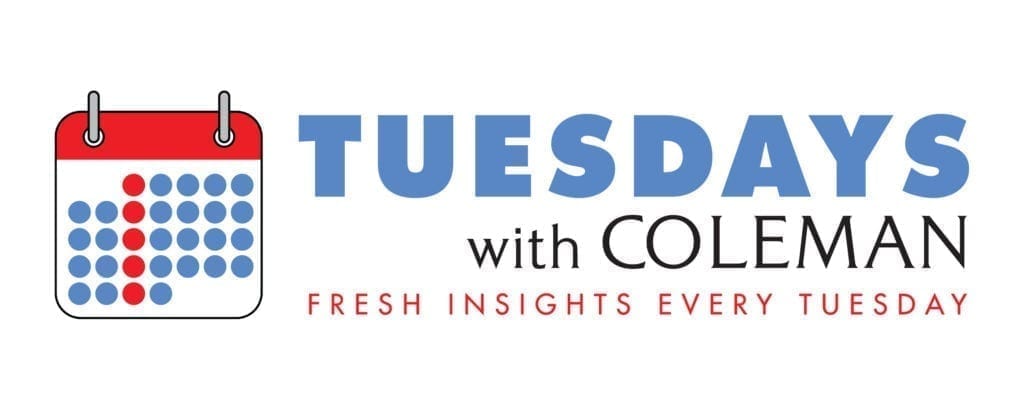
First-order thinking is considering the immediate impact of the decisions we make.
Second-order thinking is considering all the potential consequences of the decisions we make.
The radio industry often uses first-order thinking, but not second-order thinking.
When we think we’re solving a problem, we unintentionally create another.
More than once in my career, and certainly in the last few years, a station has changed format and lived to regret it.
Not because they didn’t get reasonable ratings. It was because their flip caused a reaction in the marketplace that ultimately screwed them.
They didn’t think of the second order.
Example #1:
You’ve got a Hot Adult Contemporary (Hot AC) station in a market that is underperforming, while there is only one Country station. So, you flip your Hot AC station to Country.
First-order thinking: The competition’s Country station leads the market in revenue. If our group flips the Hot AC to Country, and take even a third of their ratings and revenue, we’ll be doing better than we are now as a Hot AC.
Second-order thinking: If we change the format and attack the competition, they may adjust one or two of their stations to attack a station in our cluster. Perhaps the station that accounts for most of our ratings and revenue.
It’s applicable to more than format flips.
Example #2:
You’re responsible for a Classic Rock station with no direct competitor. Since you have no direct competitor, you can broaden the scope to appeal to more people—so you start adding sounds, like Classic Hits.
First-order thinking: If we add Classic Hits to the Classic Rock recipe, we’ll add more fans to our rock station.
Second-order thinking: If we add Classic Hits to our Classic Rock recipe, we may alienate some of our Classic Rock fans and lessen passion with both camps. Plus, the competition may notice we now sound a bit softer and wimpier and see an opportunity to attack us with a straight-ahead, focused rock station.
See the dangers of only thinking in the first-order? It really is like a chess match, thinking steps ahead.
We’re fortunate to have many clients who invest in research and advertising. Those radio stations that don’t have a complete map of their market may fall victim to first-order thinking.
Example #3:
You oversee an Urban station and your group has the format all to yourselves in the market.
First-order thinking: We’re all alone in this format. We don’t need to advertise.
Second-order thinking: If we don’t invest in our product and advertise, the station’s brand images will wither away. The decline in ratings and revenue will outweigh the cost savings of not investing in the product.
As author Howard Marks explains in his book, The Most Important Thing, “First-level thinking is simplistic and superficial, and just about everyone can do it. Second-level thinking is deep, complex and convoluted.”
Although it takes a lot of work, second-order thinking (and third, fourth and so on) is well worth the time.
Second-order thinking now means avoiding problems later.
And you won’t have to call them “unforeseen problems.”
